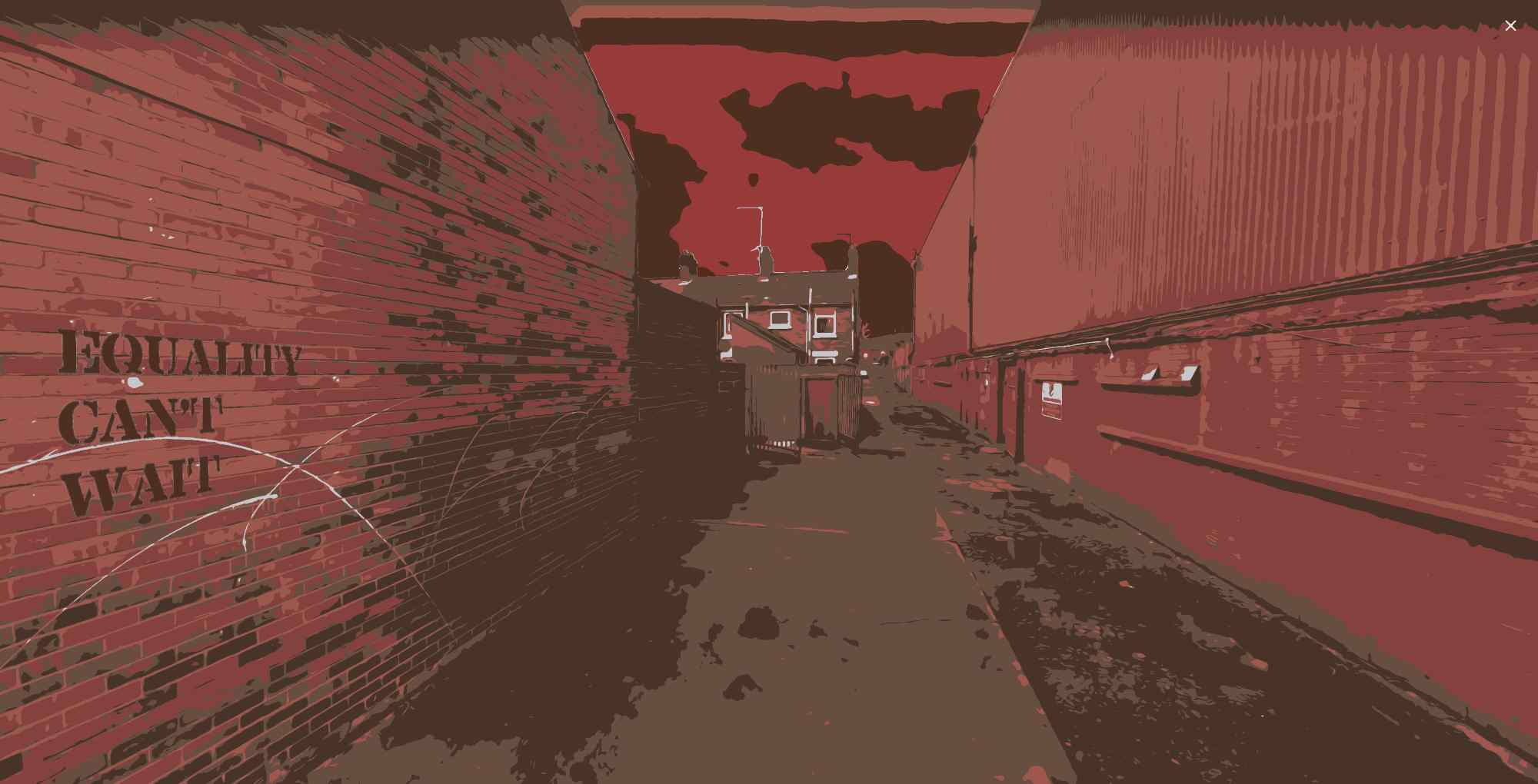
Policy Watch
An eye on policy changes in Ireland, the UK and beyond
£20/Week Uplift to Universal Credit and Working Tax Credit | Administration of Welfare Benefits | Income Support | The Right to Work
£20/Week Uplift to Universal Credit and Working Tax Credit
After the UK government rejected pleas from ministers in Scotland, Wales and Northern Ireland to extend the £20/week uplift in Universal Credit payments past the 6 October cut-off, Advice NI warned that the decision exacerbated the difficulties facing around 60,000 workers in Northern Ireland at risk of being made redundant when the furlough scheme closes at the end of this month (September). NI’s Communities Minister, in response to a question (AQW 21913/17-22) from MLA Kellie Armstrong, said, “if the uplift is not extended after 5 October 2021, I will include it as part of the planned review of welfare mitigations measures”. She told MLAs that there are currently over 140,000 people receiving Universal Credit here.
The head economist of the Resolution Foundation said that Northern Ireland would be hit harder than the rest of the UK by the £20/week reduction due to “the underlying population and number of families with children”. He estimated one in four working-age families here would feel the cut. Similarly, with the furlough scheme set to close at the end of the September, polls indicated that nearly one in four full-time workers reported fears of losing their job.
The UN Special Rapporteur on Extreme Poverty and Human Rights wrote to UK authorities urging them to reconsider the proposed cut and to first carry out a detailed impact assessment and consultation with affected families. Human Rights Watch wrote to parliamentarians urging them to oppose the cut to UC support, which amounts to £1040 per year. It reminded them of the UN’s Committee on Economic, Social and Cultural Rights six-part test for proposed cuts to support, requiring that the state “show a compelling state interest; demonstrate that it has exhausted all alternatives; ensure that the cuts are non-discriminatory; ensure the decision is temporary, necessary, reasonable and proportionate; give opportunity to those most likely to be affected by the policy to participate genuinely in the decision-making process; and ensure a minimum social protection floor”.
NI MLA Mark Durkan, speaking against the planned £20/week cut, told the NI Assembly, “Foyle has the highest number of universal credit claimants in the North and, indeed, the UK, with over 8,000 claimants. The cut runs the risk of stripping almost £8·5 million from vulnerable households in Foyle alone… If they needed this help 18 months ago, they sure as hell need it now”. He urged, “if Westminster insists on proceeding with this draconian cut, we need to see action from the Communities Minister, working with her Executive colleagues, particularly the Finance Minister, to find the funding to continue the uplift for the rest of this financial year.”
Administration of Welfare Benefits
Sounding the Alarm, a PPR-supported survey of nearly 200 advice workers around NI revealed that the vast majority of welfare claimants did not understand the assessment process. The cases related to unfair processes that shut people out of the minimum essential level of benefits required for basic needs – in many cases, in the face of clear evidence. Advice workers reported that only about half of claimants were able to access professional advice and representation at each stage of their claim, reflecting the importance of the availability of the free and independent advice provided by the sector in a landscape which many people find challenging to navigate.
In response to a question (AQW 21904/17-22) from MLA Gerry Carroll, the Minister for Communities reported that the firm Capita has been fined £2.4m between June 2016 and July 2021 for failing to meet performance targets in its role as Personal Independence Payment health assessor.
As the GMB union revealed research showing that one in ten care workers in England are on Universal Credit due to low wages, a spokesperson accused the government of subsidising exploitation of our care workers.
A National Audit Office investigation revealed that at least 134,000 pensioners in the UK have been underpaid – on average £8,900 each – due to complex rules and repeated human error.
Research by a national research project into the UK’s responses to Covid-19 indicates that pandemic-era benefit claimants are perceived as much more ‘deserving’ of welfare support than earlier ones, which they attribute to '‘COVID exceptionalism’.
Income Support
NI’s Finance Minister wrote to the UK Chancellor urging that he extend the furlough scheme beyond the end of September.
The Department for Communities and the Arts Council of Northern Ireland (ACNI) launched a £5m Creative Individuals Recovery Programme to provide grants of up to £2k per person to eligible DJs, artists, performers, sound and lighting technicians, writers, events managers and others impacted by Covid public health restrictions on the creative sector.
The Right to Work
After contradictory claims about whether or not the government would consider giving asylum seekers the right to work to meet labour shortages, Dominic Raab (in his new post as justice secretary) said he would be “open-minded” about the possibility. The Home Office however contradicted his views.
